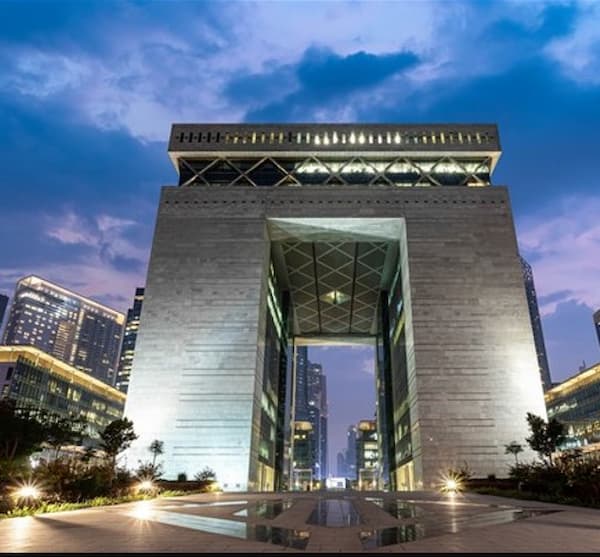Offshore
Company Registrations Rise In DIFC

The data helps shed light on the battle for inward investment and capital that is going on between different jurisdictions within the Middle East and also further afield.
Dubai International Financial Centre (DIFC) said yesterday
that 492 new companies registered in the jurisdiction during the
first six months of 2021, surging 59 per cent from the same
period a year ago, with total active registered companies now
reaching 3,292, up 27 per cent.
The number of such firms has tripled since the Middle East
jurisdiction outlined its 2024 strategy in 2014. Within the total
figure, there are 1,025 financial and innovation related
companies in total, up 25 per cent on last year.
“DIFC will continue to build on our success to date to play a key
role in accelerating not only our own growth but also the
economic diversification of Dubai,” His Excellency Essa Kazim,
Governor of DIFC, said.
The financial centre - part of the United Arab Emirates - is
competing against the likes of Abu Dhabi Global Market for
international business in the region. Groups as varied as EGF
International, Liechtensteinische Landesbank, UBS, Citi Private
Bank, Banque Internationale à Luxembourg (BIL) and BNP Paribas
operate in Dubai. A few days ago, Swiss wealth management house
Kendris launched a new subsidiary - Kendris Corporate Services -
based in the Dubai International Financial Centre. More broadly,
earlier this year, the United Arab Emirates announced that
foreign investors and entrepreneurs will be free to have full
ownership of companies from 1 June. Foreigners opening a company
in the UAE will no longer need an Emirati shareholder or agent
under changes to UAE company law.
DIFC said that its new Innovation Hub has already reached “full
capacity,” with more than 140 start-ups and fintechs joining this
ecosystem during the first six months of this year.
The past 12 months have seen the UAE ink a major bilateral
agreement with Israel under the Abraham Accords brokered via the
former Trump administration in the US. (The agreement has
prompted optimistic predictions from banks such as Citi
Private Bank.)